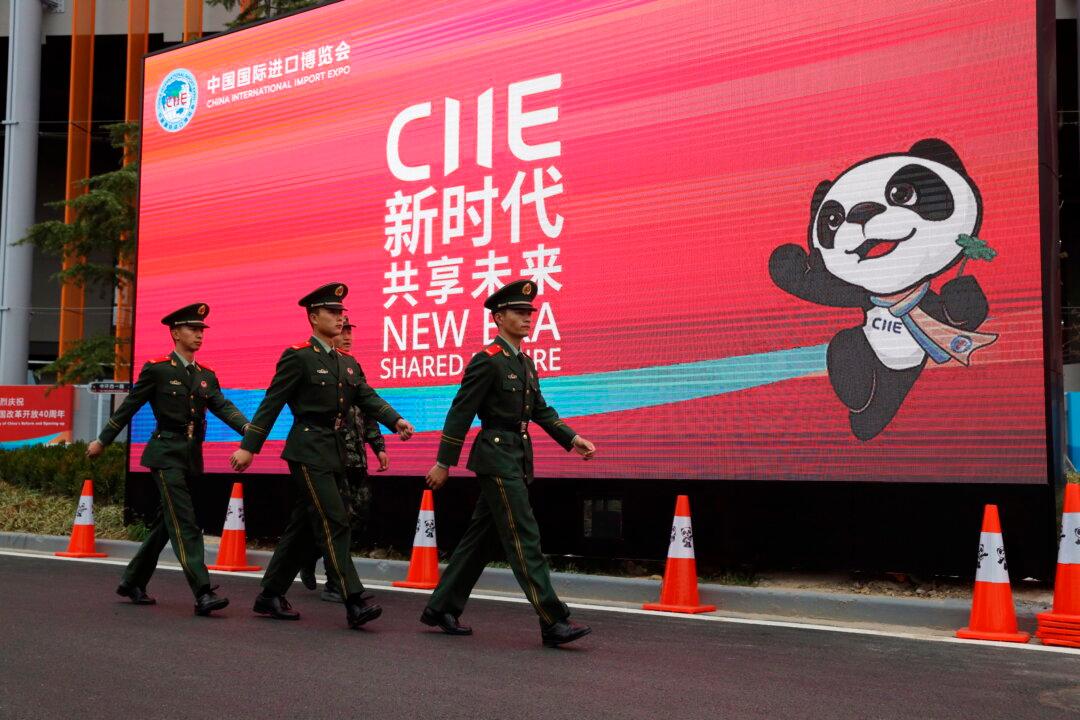NEWS ANALYSIS
Canada is pushing hard to deepen trade ties with China, as evidenced by a delegation including four federal ministers and three provincial ministers in Beijing earlier this month. But alarm bells are ringing as concerns about China’s integrity mount and Canada’s democratic allies take action to address the Chinese regime’s conduct.Canada appears to be zigging when it should be zagging. Canadian exporters may be pleased, but the big picture is murky to say the least.





